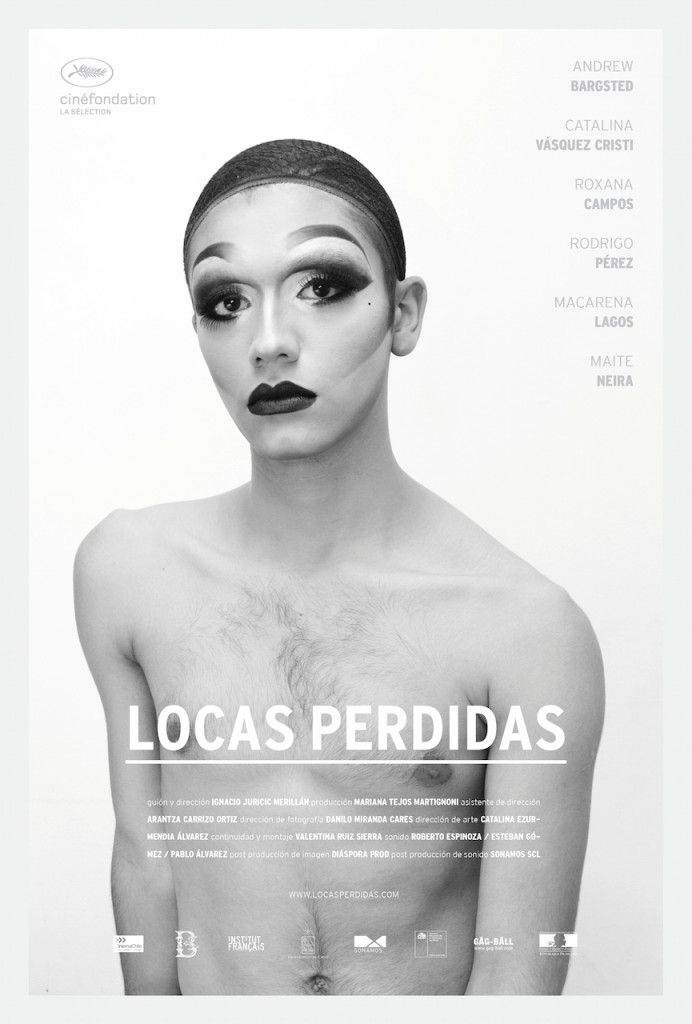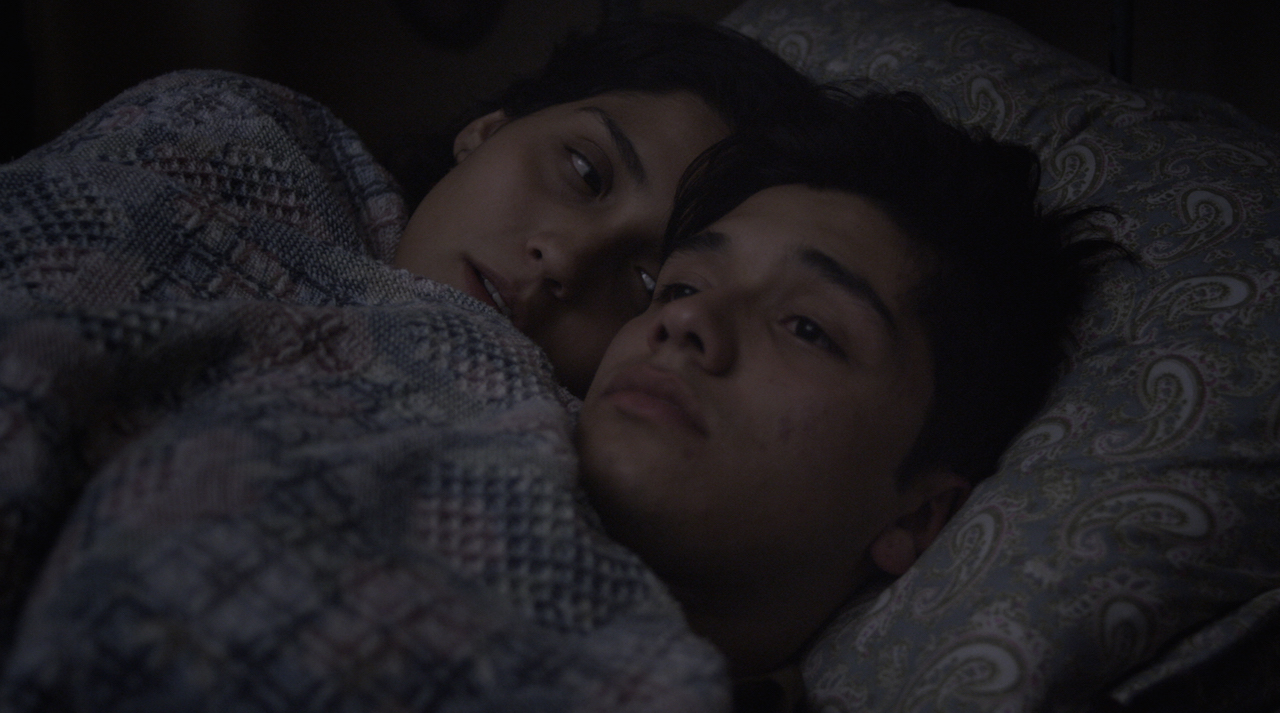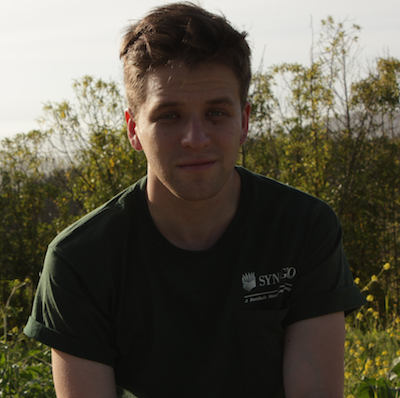Director Ignacio Juricic Merillán
Cinéfondation, Festival de Cannes 2015
“Our film is based on true events that happened here in Chile in 1996. That year, there was a televised raid in an LGBTQ club, where people was illegally filed. and even today, this story is unknown to most people.”- director, Ignacio Juricic

GFM:
What lead you to want to tell this story, the events of that night in 1996?
Ignacio:
I wanted to rescue this story from obscurity. I am a member of the LGBT community, and I thought, if I hadn’t know about this, than there must be many people that also don’t know about it. The film is a way to talk about what happened, which is something that is important to me, and it’s also a way to talk about a world that is very familiar to me. I took this story as a historical event that directly relates to me, but I tried to present it in a way that deals with things that happen in everyday life. After researching LGBT history in Chile, it made a lot of sense to me to make this film. It’s a world that I’ve known very well, for many years, and it felt right to talk about it.
GFM:
Locas Perdidas is a visually beautiful film and you used curtains and mirrors in very interesting ways. Can you talk about your visual style?
Ignacio:
I worked before with Danilo Miranda, and in my first film, it was the same kind of style. We wanted to go with the same style for this one, and we set out to do that from the very beginning. We had the location before we even had the script, so the visual style was something that had been planned out. I think it goes in accordance with the theme, and what I want to talk about. It wasn’t a random choice to use that style. It allows me to give the film some naturality.

GFM:
Locas Perdidas is your second short film. What are your feelings about the short film format and its role in your career?
Ignacio:
I think that when you are beginning your career the short film format allows you to do things that are harder to achieve in a feature film. Mainly because it`s a smaller version so you can try things in a shorter period of time and see what’s working and what you need to improve. Also the budget that you need is lower so it`s a good way to start. I think that when you work with a small crew sometimes it’s easier to get them all on the same page, and when you are all starting it`s great to develop language and learn things together. The bad thing is that short films are harder to distribute so it’s difficult to get people to see the films.
GFM:
What does it mean to be accepted into Cannes, and what does the future hold for you?
Ignacio:
I’m excited to meet other filmmakers in the Cinefondation category that are just starting out, like us. I think it’s great because it will give our film a lot of visibility, and us as well! My next project, Enigma, is a film with a very similar theme to Locas Perdidas. In Chile in the 80s, there was a young girl, Mónica Briones, who was murdered in the streets. She never received justice for her death, but there was a TV show in the 90s called Enigma that made a programme about it. The show was about unsolved mysteries so it`s very problematic that a severe case of humans rights violation it’s treated like that, and that’s what the movie is about. We have already started working on this one.
